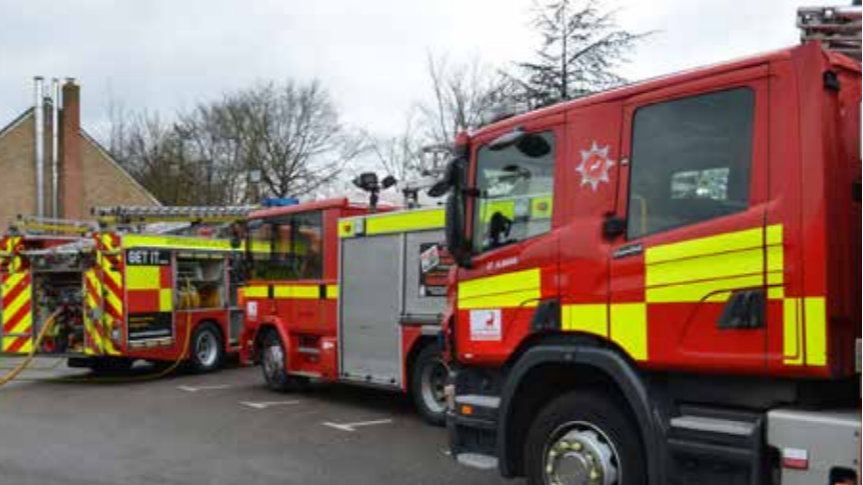The performance of multi-sensors in fire and false alarm tests
Multi-Sensors Fire Alarm Tests: Comprehensive Report
The early detection of fire is necessary to give building occupants time to escape and to limit the damage to property. Achieving reliable early detection with minimal false alarms over a broad range of applications is a challenge. The detection of smoke-like phenomena commonly found in the service environment, such as steam, aerosols and dust, contributes to the numbers of unwanted alarms.
Since 2013 BRE has been involved in two studies investigating how false alarms from fire detection systems can be reduced. They showed that the greater use of multi-sensor detectors could help to reduce false alarms from common causes such as cooking, airborne dust and aerosol sprays.
Multi-sensor detectors use a combination of more than one type of sensor – smoke, heat or carbon monoxide – to detect the presence of a fire. A research group comprising the Fire Industry Association, BRE and fire detector manufacturers, has now investigated the immunity of multi-sensor detectors containing smoke and heat sensors to common causes of false alarms, as well as to real fires.
Targeting the more common causes of false alarms, five tests were developed and used during this research. These were water mist, dust and aerosol tests performed at the University of Duisburg-Essen, together with toast and cooking tests conducted in the BRE Fire Test room. For all false alarm tests the multi-sensors operated, on average, after the smoke detectors.
In general, it was found that the more sophisticated the multi-sensors were, the less prone they were to common causes of false alarms, whilst their ability to detect fires was not compromised. This research will support the development of product standards and codes of practice for smoke and multi-sensor detectors.
We kindly request that you do not download and circulate the documents mentioned on this page, but instead inform your colleagues and others of this URL. That will help us to gauge the level of interest in our publications and enable readers to provide feedback.
If you would like to be kept informed about new related publications and the latest industry news, please register to receive our monthly e-newsletters.
BRE is keen to obtain your views about these publications. We would be grateful if you could spare one minute of your time to give your feedback. Thank you.
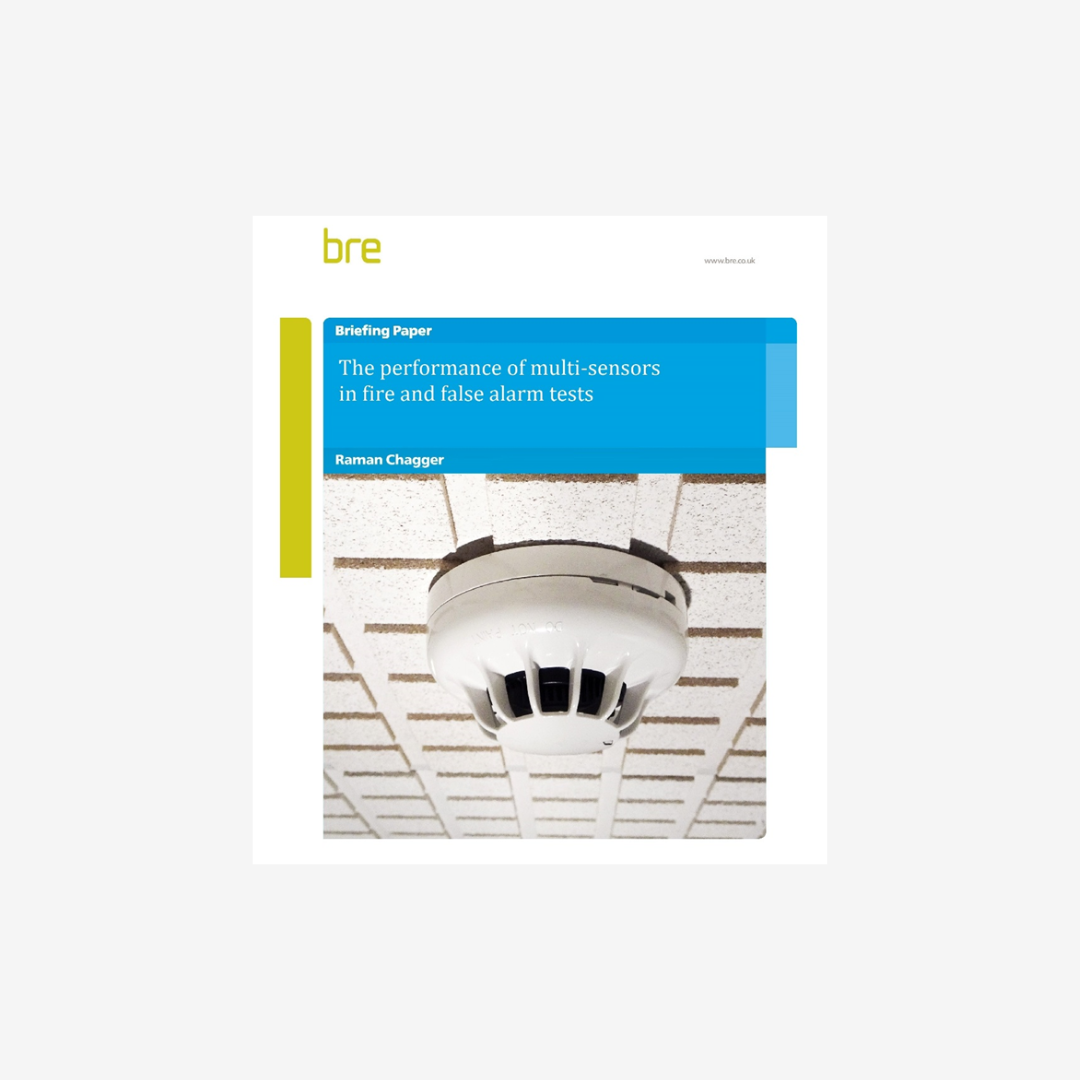
Browse more from our latest case studies:

An investigation into factors that influence the effectiveness of Visual Alarm Devices
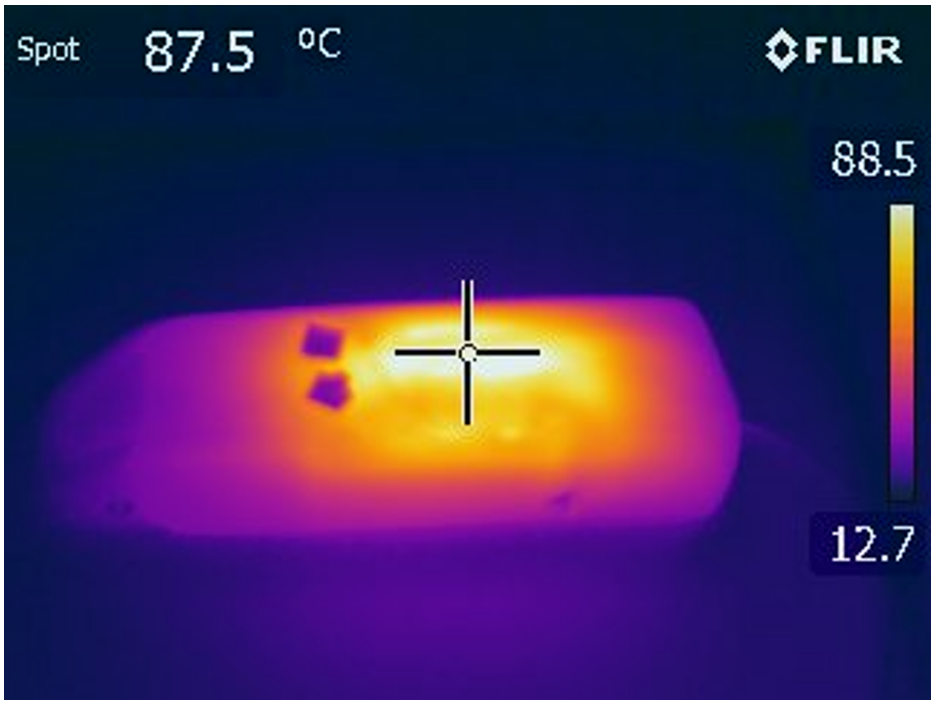
E-scooter and e-bike lithium-ion battery fires

Determining the optimum replacement periods of optical smoke detectors and alarms

Fire fatalities in Scotland and recommendations to help reduce them – Final Phase: Review of Fire Investigation reports

The causes of fire fatalities and serious fire injuries in Scotland and potential solutions to reduce them – Phase 1: IRS review

The development of test methods to assess video flame and video smoke detectors
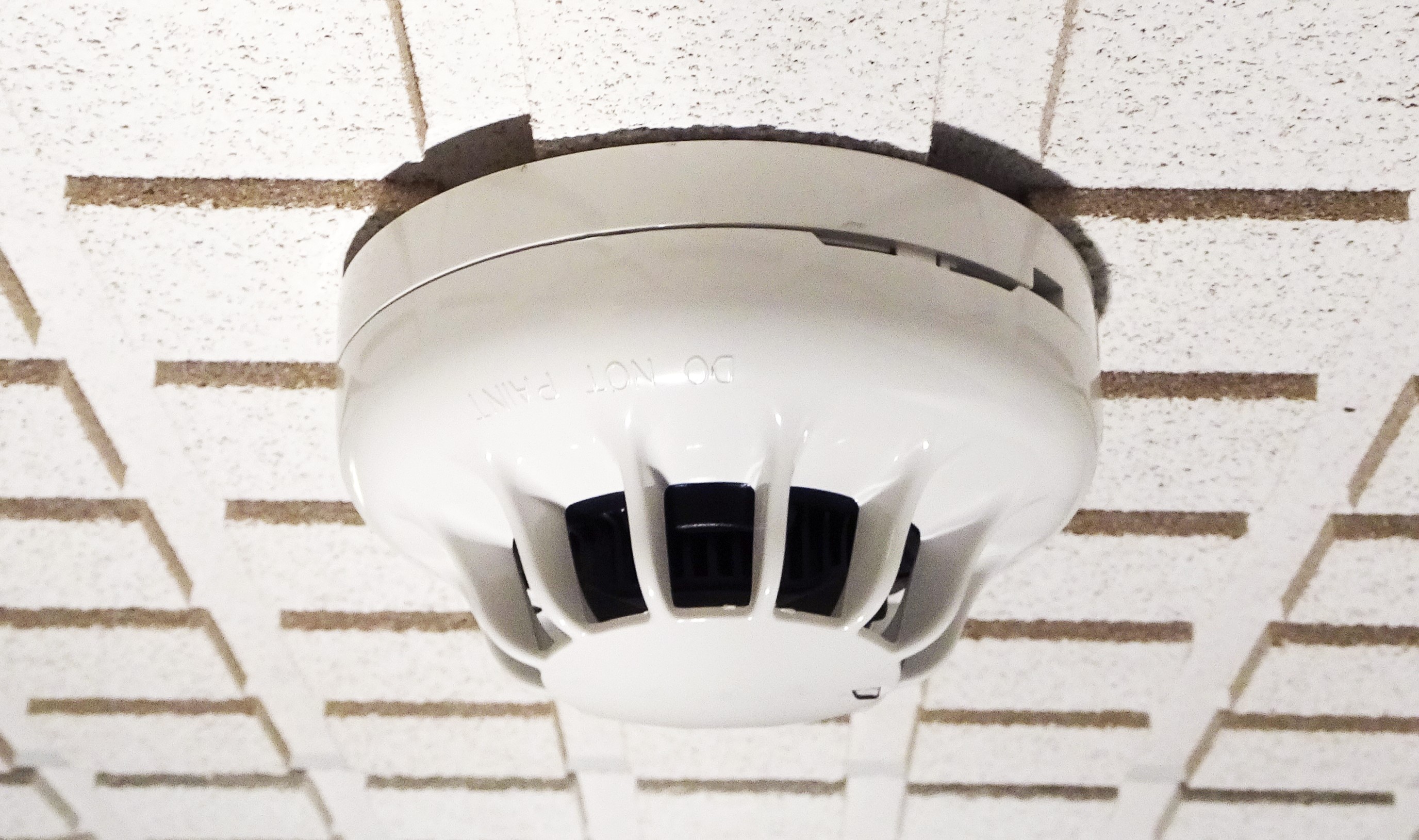
The performance of multi-sensors in fire and false alarm tests

Live investigations of false fire alarms

Visual alarm devices - their effectiveness in warning of fire
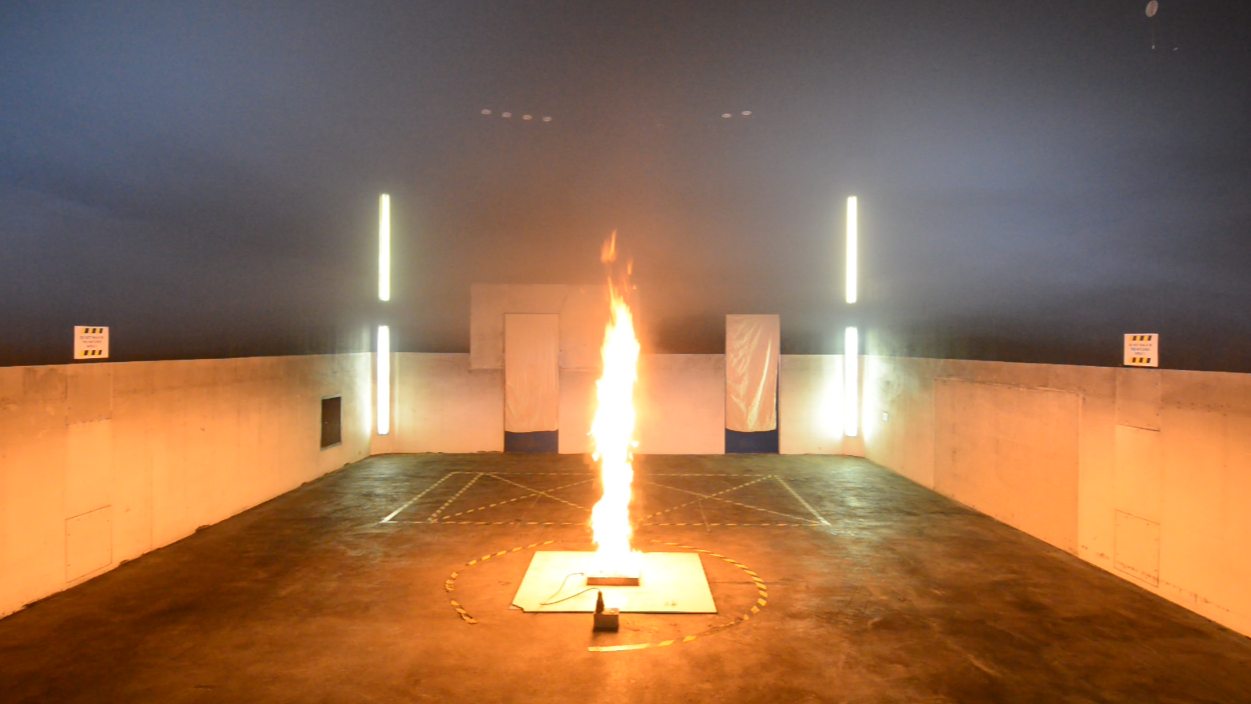
Characterising the smoke produced from modern materials and evaluating smoke detectors
